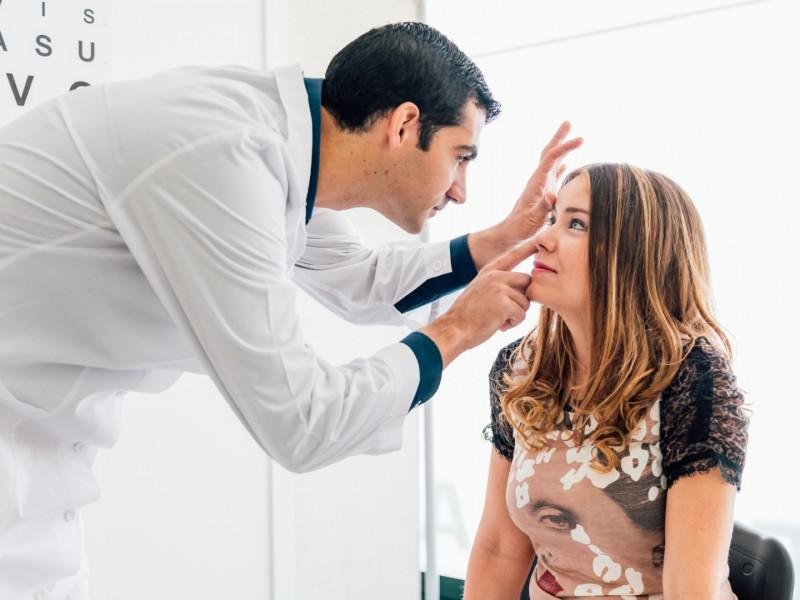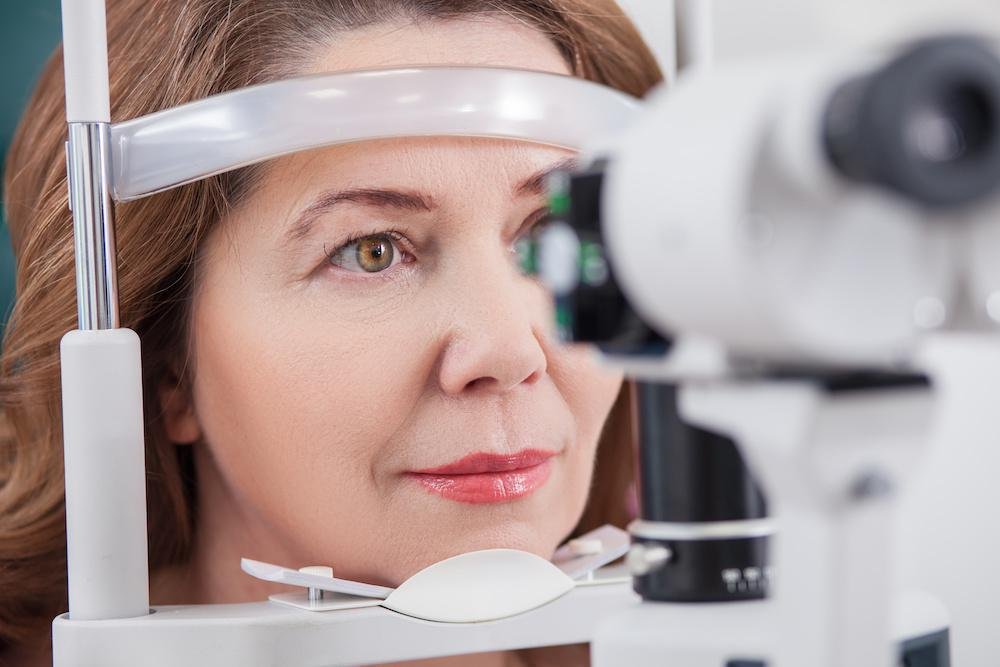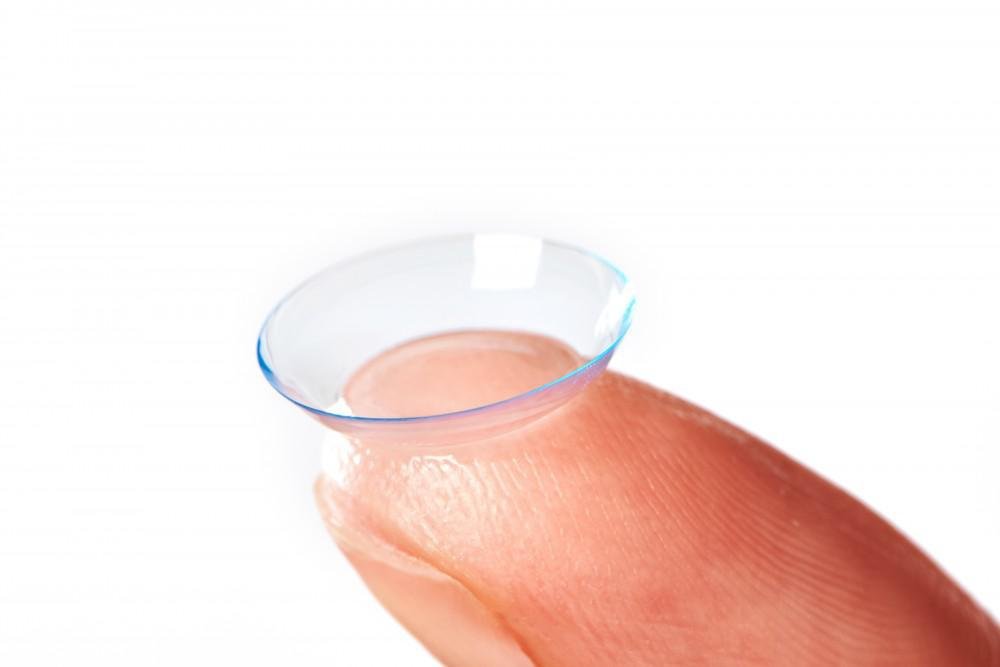According to the American Academy of Ophthalmology, approximately one third of Americans have astigmatism. If you believe you may be one of them, consult our knowledgeable optometrists, Mital Patel, OD, Mark Machen, OD, and Ashley Swalla, OD, at Classic Vision Care in Kennesaw and Marietta, Georgia.
What exactly is astigmatism?
Astigmatism occurs due to a curvature of your eye’s lens or cornea. When light hits your eye, it doesn’t bend correctly because of this refractive error. It generally occurs in people with other refractive issues, such as:
Farsightedness (hyperopia). When your cornea curves too much or your eye is too long, light focuses on the wrong portion of your retina causing distant objects to appear blurry.
Nearsightedness (myopia). Too little curvature or shorter than normal eyes makes it hard for light to focus on the back of your eyes. This makes objects close at hand look blurry.
If you notice you or your child’s vision becomes distorted or blurry, contact one of our eye specialists who can diagnose your issue promptly.
Signs of astigmatism
Clear signs of astigmatism are blurriness and distortion. Less obvious signs include:
- Headaches
- Eyestrain and discomfort
- Fatigue while reading
- Squinting to see clearly
We help you discover whether the underlying cause of your discomfort is related to astigmatism or another issue through a variety of tests, such as keratometry, to measure your corneal curve, corneal topography, to map your cornea, or retinoscopy, which examines how well light reflects off your retina.
What causes astigmatism?
Astigmatism is usually hereditary. Although it may worsen over time, it is often present at birth. It can also develop after an eye injury or due to keratoconus, thinning of the cornea.
Can you cure astigmatism naturally?
While there is no natural cure for astigmatism, there are ways you can support your overall health and eyesight through a healthy diet. Foods with beneficial nutrients include:
Fish. Omega-3 found in fish promotes good eyesight and eases dry eyes.
Carrots. Their vitamin A and beta-carotene help eyes stay healthy.
Citrus. Vitamin C found in citrus fruits and vegetables supports healthy blood vessels to combat cataracts and age-induced macular degeneration.
Kale, spinach and red peppers. Antioxidants, such as lutein and zeaxanthin, found in a variety of vegetables, assist with eye health.
Help is on the way
If our doctors discover you have astigmatism, we can treat it in several ways, depending upon its severity. Options include:
Corrective eyeglasses or contact lenses. These usually make up for any distortion.
Orthokeratology. Wearing rigid contact lenses while sleeping may help normalize your eye’s curvature.
Refractive surgery. There are many types of surgery that corrects astigmatism, such as:
- Laser-assisted keratomileusis (LASIK)
- Small-incision lenticule extraction (SMILE)
- Photorefractive keratectomy (PRK)
Our specialists can discuss your options to determine the best course of action. If you decide to pursue surgery, we can refer you to a qualified ophthalmologist. If you notice ongoing blurriness, unusual headaches, or other visual changes, give us a call or book an appointment online with Classic Vision Care today.
You Might Also Enjoy…
Are Glasses Better than Contacts?
Trying to decide between wearing eyeglasses or contact lenses? Consider all the factors, including comfort, ease, and appearance. We’ve compiled a list of pros and cons to help you see your way through this significant decision.
Why Sunglasses are Important All Year Long
No doubt you always have your favorite shades close by all summer. But sunglasses protect your eyes all year long, even during darker winter months. Learn how they shield your eyes from harmful ultraviolet (UV) rays any time of year.
How Astigmatism Affects Your Vision
Astigmatism causes a variety of symptoms ranging from blurred vision to eye discomfort and pressure. Understand how a comprehensive eye exam can pinpoint the cause of your symptoms and get your sight back on track.
Who Is at Risk for Glaucoma?
Could you be at risk for glaucoma? The short answer is that everyone, especially seniors, is at risk for glaucoma. Learn how to lessen your odds of losing your sight through early detection and treatment.
5 Steps to Prevent Diabetic Eye Disease
People with diabetes are more vulnerable to certain eye diseases, such as glaucoma, cataracts, and diabetic retinopathy. Learn what steps you can take to slow their progression and potentially avoid them in the first place.
Am I a Candidate for Contact Lenses?
If you need vision correction, contact lenses are a popular option. If you’re simply tired of your glasses or just looking to see the world more clearly, discover whether contact lenses may be the perfect fit for you.







